Liberation is thus a childbirth, and a painful one
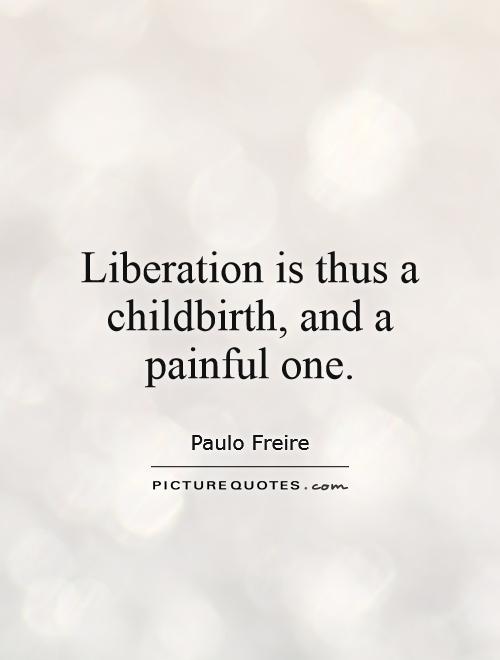
Liberation is thus a childbirth, and a painful one
Paulo Freire, a Brazilian educator and philosopher, is best known for his work on critical pedagogy and the concept of liberation. In his seminal work, "Pedagogy of the Oppressed," Freire argues that true liberation is a process that involves breaking free from oppressive systems and structures that dehumanize individuals. He famously stated, "Liberation is thus a childbirth, and a painful one."Freire's metaphor of liberation as childbirth is a powerful and evocative one. Just as childbirth is a painful and transformative process that brings new life into the world, so too is the process of liberation. It involves a painful breaking away from the chains of oppression and a rebirth into a new way of being.
For Freire, true liberation is not simply about gaining political or economic freedom, but about achieving a deeper sense of human dignity and agency. It is about recognizing one's own power to shape the world and to create a more just and equitable society. This process of liberation requires individuals to critically reflect on their own experiences and to challenge the dominant narratives that perpetuate oppression.
In the context of education, Freire believed that true liberation could only be achieved through a process of critical consciousness-raising. He argued that traditional education systems often served to reinforce existing power structures and to perpetuate inequality. Instead, Freire advocated for a pedagogy that empowered students to question and challenge the status quo, to think critically about the world around them, and to become agents of change in their own lives.
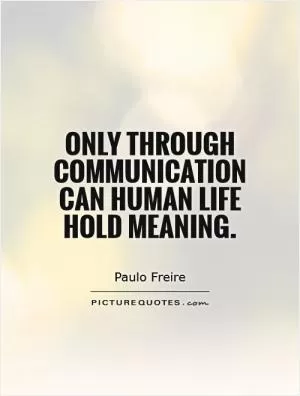
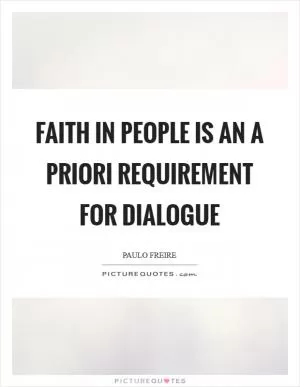
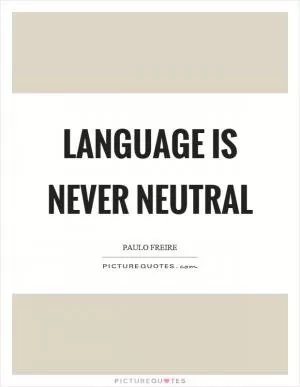
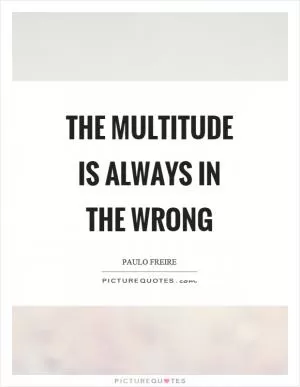
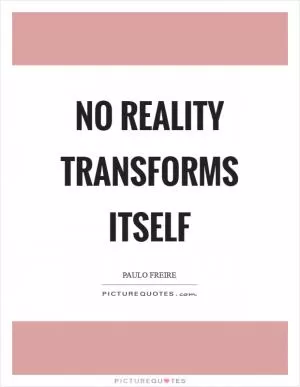
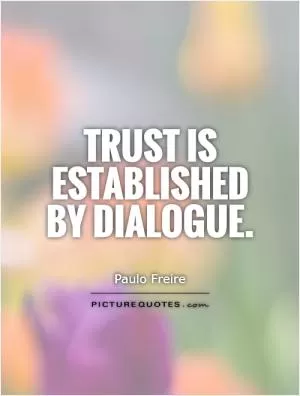
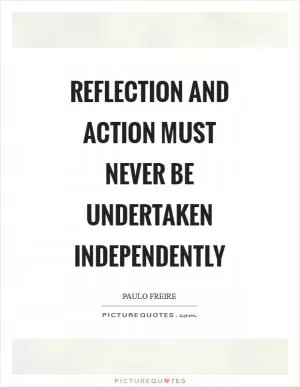
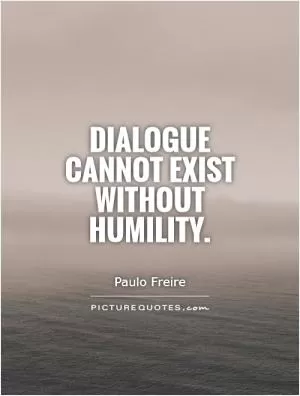
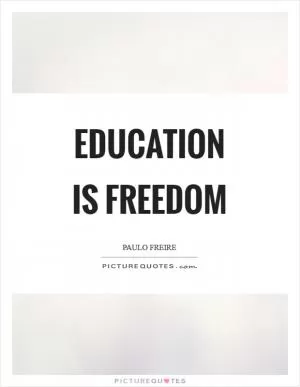
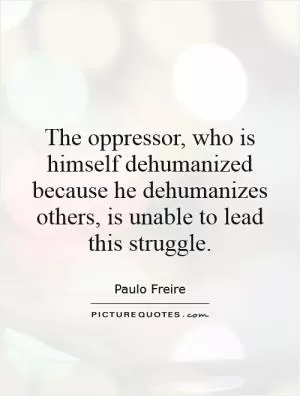
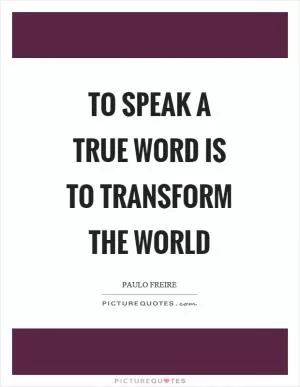
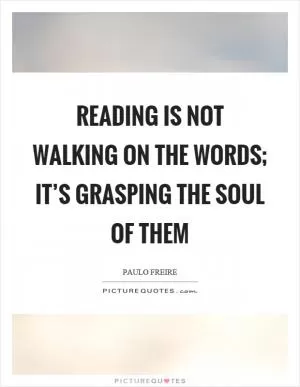
 Friendship Quotes
Friendship Quotes Love Quotes
Love Quotes Life Quotes
Life Quotes Funny Quotes
Funny Quotes Motivational Quotes
Motivational Quotes Inspirational Quotes
Inspirational Quotes